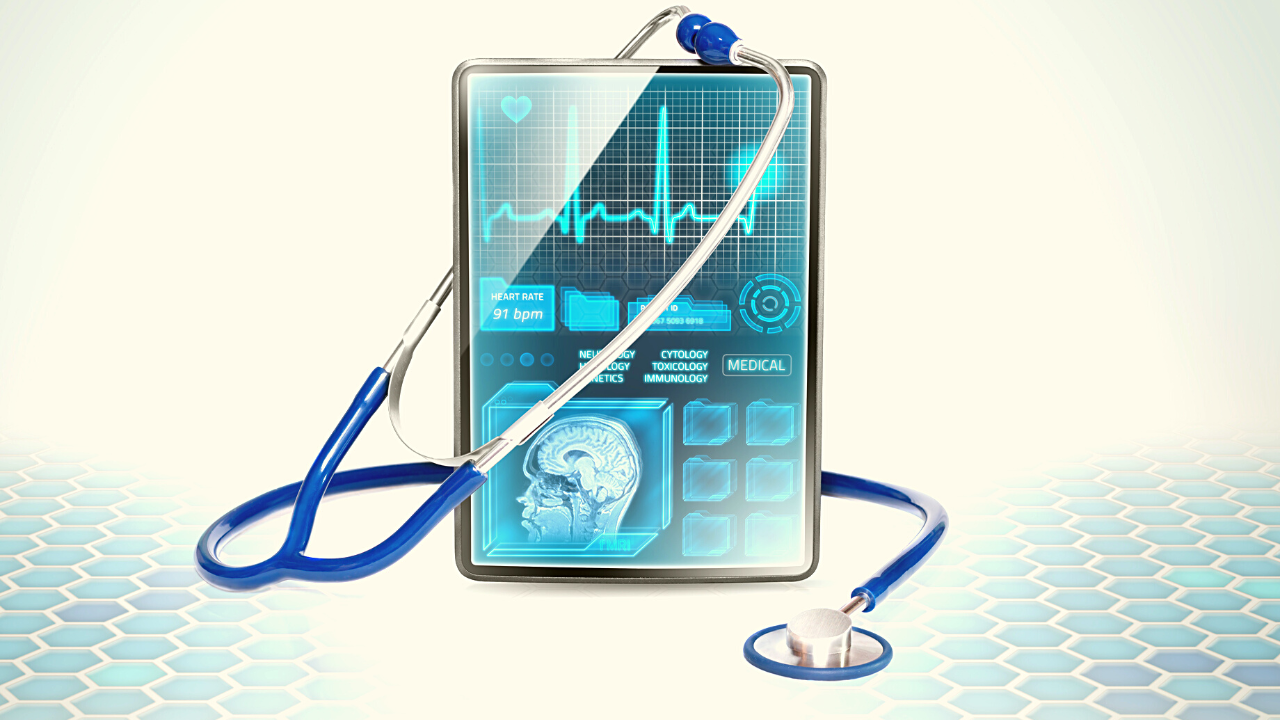In an era where technology permeates every aspect of our lives, mobile medical applications have emerged as a game-changer, revolutionizing the way healthcare is accessed, managed, and delivered. These innovative apps, designed to empower patients, healthcare professionals, and caregivers, bring convenience, accessibility, and efficiency to the forefront of healthcare. Let’s delve into the evolution, significance, and impact of mobile medical apps on the healthcare landscape.
Evolution of Mobile Medical Apps
Early Development:
The inception of mobile medical apps dates back to the early 2000s with the advent of smartphones. Initially, these apps offered basic functionalities like medication reminders and symptom tracking.
Technological Advancements:
Rapid advancements in mobile technology, coupled with the proliferation of smartphones and wearables, fueled the development of sophisticated medical apps capable of monitoring health metrics, providing telemedicine services, and enabling remote patient care.
Regulatory Framework:
The evolving regulatory landscape, including guidelines from regulatory bodies like the FDA (Food and Drug Administration), played a pivotal role in ensuring the safety, efficacy, and compliance of mobile medical apps, especially those categorized as medical devices.
Significance and Benefits
Patient Empowerment:
Mobile medical apps empower patients by providing access to their health records, enabling self-monitoring of health metrics, facilitating communication with healthcare providers, and offering resources for health education and wellness.
Remote Monitoring and Telemedicine:
These apps enable remote patient monitoring, allowing healthcare professionals to track vital signs, provide virtual consultations, and deliver care to patients in remote or underserved areas.
Medication Management:
Medical apps assist users in managing medications by providing reminders, dosage information, medication interactions, and facilitating prescription refills, improving medication adherence.
Health and Wellness Tracking:
From tracking fitness activities to monitoring sleep patterns, diet, and mental health, mobile medical apps offer comprehensive solutions for individuals to monitor and improve their overall well-being.
Applications Across Healthcare
Chronic Disease Management:
Patients with chronic conditions such as diabetes, hypertension, and asthma benefit from apps that monitor symptoms, track medication adherence, and provide personalized management plans.
Mental Health Support:
Apps focusing on mental health offer tools for stress management, meditation, mood tracking, and access to therapy or counseling services, promoting mental wellness.
Women’s Health and Pregnancy:
Specialized apps cater to women’s health needs, offering menstrual cycle tracking, pregnancy monitoring, breastfeeding support, and fertility tracking.
Healthcare Provider Tools:
Healthcare professionals utilize medical apps for accessing medical references, decision support tools, electronic health records (EHRs), and medical calculators, enhancing clinical practice and patient care.
Challenges and Future Trends
Privacy and Data Security:
Ensuring data privacy and adherence to regulatory standards, such as HIPAA (Health Insurance Portability and Accountability Act), remains a critical challenge for medical app developers.
Integration and Interoperability:
Enhancing interoperability among different health systems and ensuring seamless integration with electronic health records will be crucial for the efficiency of medical apps.
AI and Personalization:
The integration of artificial intelligence (AI) algorithms for predictive analytics and personalization will enhance the capabilities of medical apps in diagnosing, managing, and predicting health outcomes.
Conclusion
Mobile medical apps have transformed healthcare delivery, placing valuable tools and resources at the fingertips of patients and healthcare providers. By leveraging the power of mobile technology, these apps empower individuals to take charge of their health, enable remote care, and improve overall wellness. As technology continues to advance, addressing challenges related to privacy, interoperability, and AI integration will pave the way for even more sophisticated and impactful mobile medical apps. Embracing these innovations heralds a future where healthcare is more accessible, personalized, and efficient, bridging gaps in healthcare delivery and improving health outcomes for individuals worldwide.

